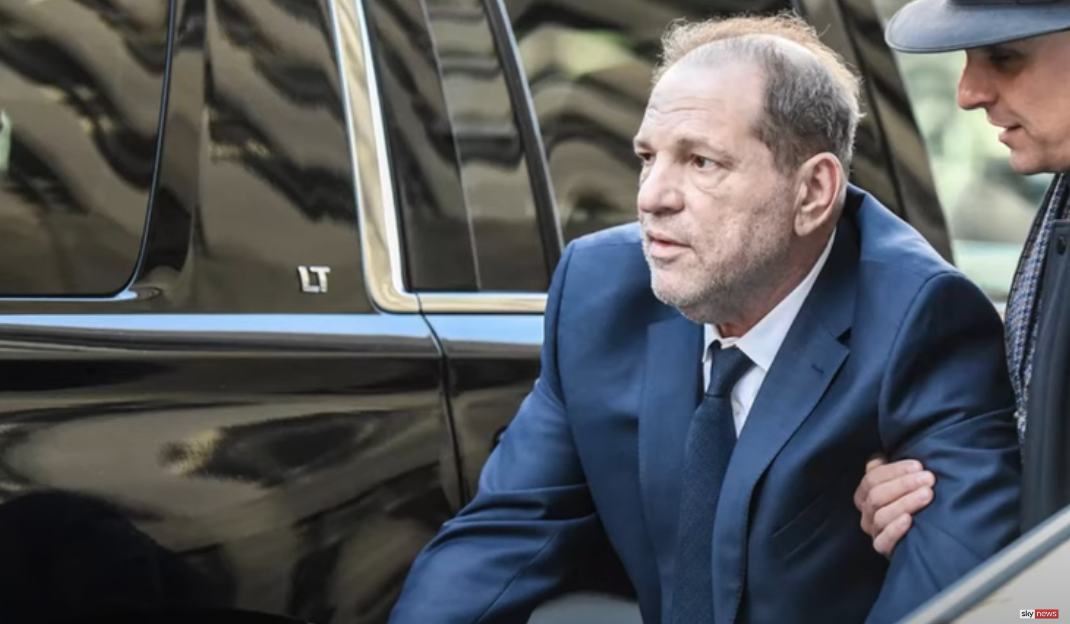In the latest chapter of the legal saga surrounding disgraced film producer Harvey Weinstein, his defense team has embarked on a Court of Appeals challenge in New York. This move comes as Weinstein continues to serve his prison sentence for convictions related to sexual misconduct.
The legal maneuvering is centered around Weinstein’s conviction in 2020, where he was found guilty of rape and sexual assault. Weinstein’s attorneys are now seeking to contest this conviction at the New York Court of Appeals, the state’s highest court. The proceedings could have far-reaching implications for the high-profile #MeToo case that catalyzed a global reckoning on issues of sexual harassment and assault.
The crux of Weinstein’s legal challenge hinges on multiple grounds, including allegations of prosecutorial misconduct, the admissibility of evidence, and the overall fairness of the trial proceedings. Weinstein’s defense team contends that these factors collectively warrant a review and potential reversal of the conviction.
Legal experts are closely watching how the Court of Appeals will address the complex legal arguments put forth by Weinstein’s attorneys. The case has already traversed various levels of the judicial system, and this latest appeal adds another layer of legal intricacy.
Weinstein, once a powerful figure in Hollywood, was sentenced to 23 years in prison following his initial conviction. The charges stemmed from the testimonies of several women who accused him of sexual assault. The trial marked a landmark moment in the #MeToo movement, symbolizing a shift in attitudes toward accountability for individuals in positions of power.
The Court of Appeals challenge raises questions about the boundaries of legal recourse in high-profile cases and the ongoing debate over the broader implications of the #MeToo movement within the legal system.
As the legal proceedings unfold, the case serves as a focal point for discussions surrounding the complexities of prosecuting individuals accused of sexual misconduct and the impact of such cases on societal perceptions of justice.



